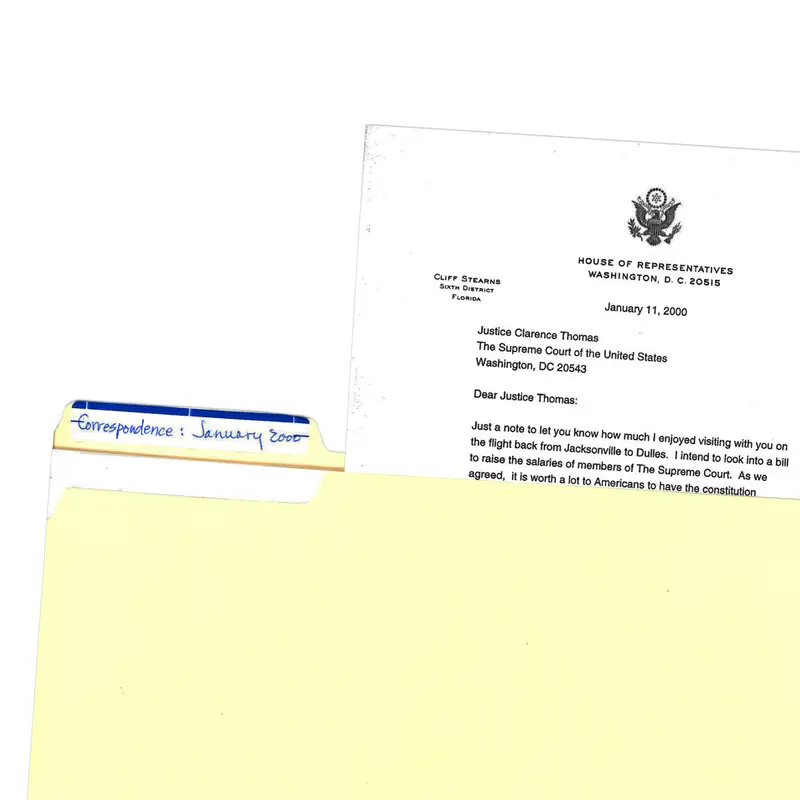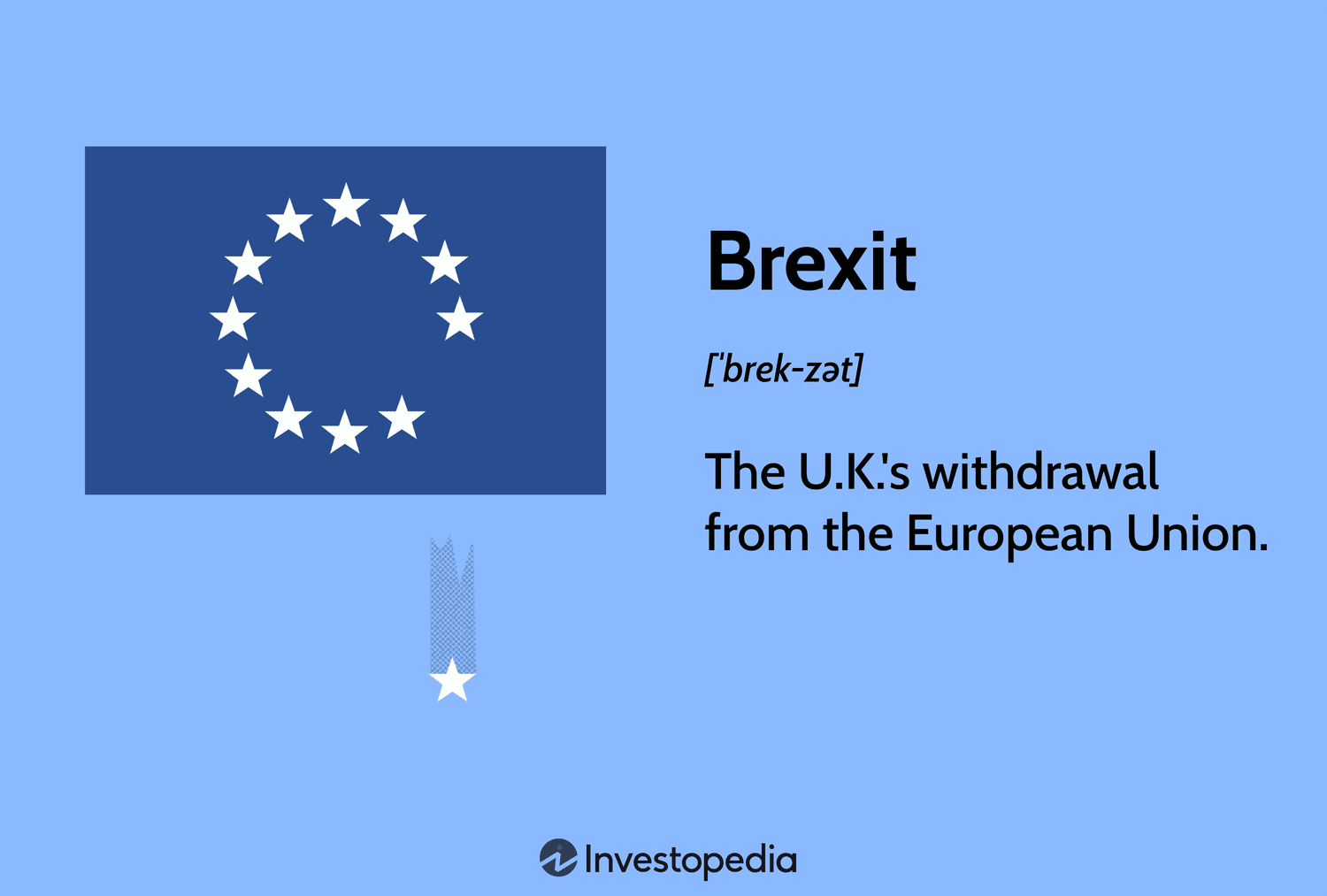Does Credit Mean Money? Unveiling the Truth Behind Financial Influence
Credit does not equate to money as it represents a promise to repay borrowed funds. In the world of finance, credit refers to the ability to obtain goods or services in the present with a commitment to pay for them in the future.
While credit enables individuals and businesses to afford purchases they couldn’t otherwise make, it is not actual money but a form of trust-based transaction. By exchanging credit, people can access resources and opportunities that may be beyond their immediate financial means.
Understanding credit is crucial for informed financial decision-making, as it can greatly impact personal and business finances. We will explore the concept of credit, its types, and its significance in our daily lives.

Credit: www.gsma.com
The Difference Between Credit And Money
Credit and money are terms that are often used interchangeably, but they actually have different meanings and functions. Understanding the difference between these two concepts is essential for managing your finances effectively. In this blog post, we will explore what credit means and how it differs from money.
Understanding Credit
Credit, in the context of personal finance, refers to the ability to borrow money or obtain goods and services without making an immediate payment. It is a financial arrangement where a lender provides funds to a borrower, who then agrees to repay the funds, usually with interest, at a later date. Credit can take various forms, such as credit cards, loans, mortgages, and lines of credit.
It is important to note that credit is not actual money. Rather, it is a financial tool that allows individuals and businesses to access funds they may not have readily available. Credit provides flexibility and convenience, allowing you to make purchases or meet financial obligations even if you don’t have the cash immediately at hand.
Understanding Money
Money, on the other hand, consists of coins, banknotes, or digital currency that is widely accepted as a medium of exchange for goods and services. It represents actual value and can be used to make purchases directly. Money can be earned through employment, received as gifts, or obtained through other means, and it serves as a store of value.
Unlike credit, money does not need to be repaid, and it has intrinsic value in itself. It is essential for everyday transactions, and without money, it would be difficult to function in a modern economy.
| Credit | Money |
|---|---|
| Not actual money | Physical or digital currency |
| Allows borrowing and purchasing without immediate payment | Used directly to make purchases |
| Must be repaid with interest | No repayment required |
In conclusion, understanding the difference between credit and money is crucial for making informed financial decisions. Credit provides a means to access funds when you need them, while money represents actual value and serves as a medium of exchange. Both play important roles in managing your finances effectively and should be used responsibly.

Credit: www.propublica.org
The Role Of Credit In Financial Transactions
Credit is a vital aspect of financial transactions, providing individuals with access to funds for purchases and investments. While credit allows for the usage of money without immediate payment, it does not equate to possessing physical currency. Rather, it represents a contractual agreement to repay borrowed funds within a specified timeframe.
Credit As A Financial Tool
In the world of finance, credit plays a crucial role in facilitating transactions. It serves as a powerful tool that allows individuals and businesses to access funds for various purposes, without the need for immediate cash. Credit can be obtained through different means, such as credit cards, loans, and lines of credit, enabling individuals and businesses to make purchases or cover expenses even when they don’t have the necessary cash in hand.
Obtaining credit involves entering into an agreement with a lender, who provides the funds up front with the expectation that they will be repaid in the future, usually with interest. This agreement is legally binding and outlines the terms and conditions, including the repayment schedule, interest rate, and any additional fees or charges.
Impact On Purchasing Power
Credit significantly impacts an individual’s purchasing power, allowing them to buy goods and services that may be beyond their immediate financial means. By using credit, individuals can make important purchases, such as a home, a car, or even expensive items like electronics or furniture. Businesses, too, benefit from credit, as it enables them to invest in their operations, fund growth initiatives, or purchase necessary equipment.
Credit helps to bridge the gap between what individuals or businesses can afford at the moment and what they aspire to possess. It allows them to enjoy the benefits of their purchase immediately while spreading out the financial burden over a longer period. This is particularly useful in situations where making large purchases outright would be difficult or impractical.
However, it’s vital to use credit responsibly and manage it effectively to avoid falling into debt or damaging one’s financial situation. Understanding the terms of the credit agreement, budgeting for repayments, and making payments on time are essential to maintain a healthy credit history and ensure that credit remains a useful financial tool.
The Influence Of Credit On Personal Finance
Understanding the influence of credit on personal finance is crucial in maintaining a healthy financial status. From impacting borrowing ability to shaping financial opportunities, credit plays a significant role in individuals’ financial wellbeing. By examining the interconnection between credit and personal finance, one can gain insights into the building blocks of a stable and prosperous financial future.
Building Credit History
Building a credit history is essential for establishing a solid financial foundation. It involves acquiring and managing credit accounts such as credit cards, loans, and mortgages responsibly. By consistently making on-time payments and maintaining a low credit utilization ratio, individuals can demonstrate their creditworthiness to potential lenders and creditors. Through building a positive credit history, individuals enhance their financial standing, enabling access to favorable loan terms and other financial opportunities.
Credit Score And Financial Health
A credit score represents a numerical assessment of an individual’s creditworthiness based on their credit history. This score significantly influences financial health, affecting the ability to obtain credit, secure favorable interest rates, and access various financial products. Maintaining a high credit score is vital for ensuring financial stability and flexibility in managing and accessing credit, ultimately contributing to overall financial wellbeing.
:max_bytes(150000):strip_icc()/economic_indicator.aspfinal-15940724deaf40e09bf27f9e6b0bf832.jpg)
Credit: www.investopedia.com
Debunking Common Misconceptions About Credit And Money
Many people associate credit with money, assuming they are one and the same. However, this is a common misconception that needs to be debunked. In this article, we will explore the relationship between credit and money, shedding light on the different aspects and clarifying any confusion. Let’s start by examining credit as a form of money.
Credit As A Form Of Money
Contrary to popular belief, credit is not equivalent to money. While they are both essential in our financial systems, they serve distinct purposes. In simple terms, credit can be defined as a contractual agreement between a borrower and a lender, typically a financial institution. It allows individuals and businesses to borrow money or access goods and services on the promise of future repayment.
Credit operates as a convenient tool that enables transactions without the need for physical currency or immediate payment. When you use a credit card to make a purchase, for example, you are essentially borrowing money from the credit card issuer to complete the transaction. The amount spent is not deducted from your bank account but added to your credit card balance, which you will later need to repay. In this sense, credit acts as a temporary substitute for money, providing flexibility and convenience in our day-to-day expenditures.
Impact On Economic Stability
The misconception that credit is equivalent to money can have significant implications on economic stability. Understanding this distinction is crucial to grasp the complex dynamics of our financial systems. In reality, money plays a fundamental role in the economy, serving as a medium of exchange, a unit of account, and a store of value. It is a tangible asset that individuals, businesses, and governments rely on to carry out transactions and maintain stability.
Credit, on the other hand, while facilitating economic activity, can introduce risks. Excessive credit creation without proper assessment and regulation can lead to economic imbalances and financial crises. When individuals and institutions borrow beyond their means, it can result in overleveraging, asset bubbles, and eventual defaults. Therefore, it is necessary to comprehend the distinction between credit and money to ensure a balanced and sustainable financial environment.
In conclusion, credit is not synonymous with money. While credit can temporarily serve as a substitute for money, it is an agreement to borrow and repay, whereas money is a tangible and universally accepted medium of exchange. By debunking the misconceptions surrounding credit and money, we can develop a clearer understanding of their roles in our financial systems, ultimately contributing to our economic stability and well-being.
Empowering Financial Literacy Through Understanding Credit
Credit is not the same as money; instead, it represents the ability to borrow funds. By understanding credit, individuals can gain financial literacy and make informed decisions about borrowing and managing money effectively.
Making Informed Financial Decisions
When it comes to managing our finances, making informed decisions is crucial. Understanding credit is an essential aspect of financial literacy that empowers individuals to take control of their financial future.
By delving into the concept of credit, we gain valuable knowledge about its impact on our finances and how it can either be a useful tool or a potential hindrance. Armed with this understanding, we can make informed financial decisions that align with our goals and aspirations.
- Choosing the right credit options for our needs
- Knowing the terms and conditions associated with credit agreements
- Understanding the interest rates, fees, and charges involved
- Developing strategies to build and maintain good credit
Utilizing Credit Wisely
While credit can offer opportunities to improve our financial situations, it also comes with responsibilities. Utilizing credit wisely means using it as a tool to empower our financial endeavors rather than drowning in debt. Here are some key factors to consider:
- Creating a budget to manage our expenses
- Using credit only for necessary and affordable purchases
- Paying the credit balance in full and on time to avoid interest charges
- Maintaining a low credit utilization ratio to demonstrate responsible use
By adhering to these principles and adopting a responsible approach towards credit, we can enjoy its benefits while avoiding the pitfalls that can hinder our financial progress.
Frequently Asked Questions For Does Credit Mean Money?
Is Credit The Same As Money?
Credit and money are not the same. Credit is a promise to pay back borrowed funds, while money represents a medium of exchange for goods and services.
Does Credit Mean Money Come Or Go?
Credit means money coming into your account, allowing you to make purchases or borrow funds.
Does Credit Equal Money?
Credit does not equal money. Credit refers to borrowing money or receiving goods or services before payment, while money is a form of currency used for transactions. They are separate entities with different purposes in the financial world.
Is Credit What You Pay?
Credit is not the amount you pay upfront. It is the borrowing of money that you must repay, typically with interest, over a certain period of time.
Conclusion
Credit represents a tool for accessing funds instead of being money itself. While it empowers people to make purchases, it’s essential to manage it responsibly. Understanding the distinction between credit and money can lead to improved financial decision-making and long-term stability.
It’s crucial to use credit wisely to avoid potential financial pitfalls.
{ “@context”: “https://schema.org”, “@type”: “FAQPage”, “mainEntity”: [ { “@type”: “Question”, “name”: “Is credit the same as money?”, “acceptedAnswer”: { “@type”: “Answer”, “text”: “Credit and money are not the same. Credit is a promise to pay back borrowed funds, while money represents a medium of exchange for goods and services.” } } , { “@type”: “Question”, “name”: “Does credit mean money come or go?”, “acceptedAnswer”: { “@type”: “Answer”, “text”: “Credit means money coming into your account, allowing you to make purchases or borrow funds.” } } , { “@type”: “Question”, “name”: “Does credit equal money?”, “acceptedAnswer”: { “@type”: “Answer”, “text”: “Credit does not equal money. Credit refers to borrowing money or receiving goods or services before payment, while money is a form of currency used for transactions. They are separate entities with different purposes in the financial world.” } } , { “@type”: “Question”, “name”: “Is credit what you pay?”, “acceptedAnswer”: { “@type”: “Answer”, “text”: “Credit is not the amount you pay upfront. It is the borrowing of money that you must repay, typically with interest, over a certain period of time.” } } ] }




